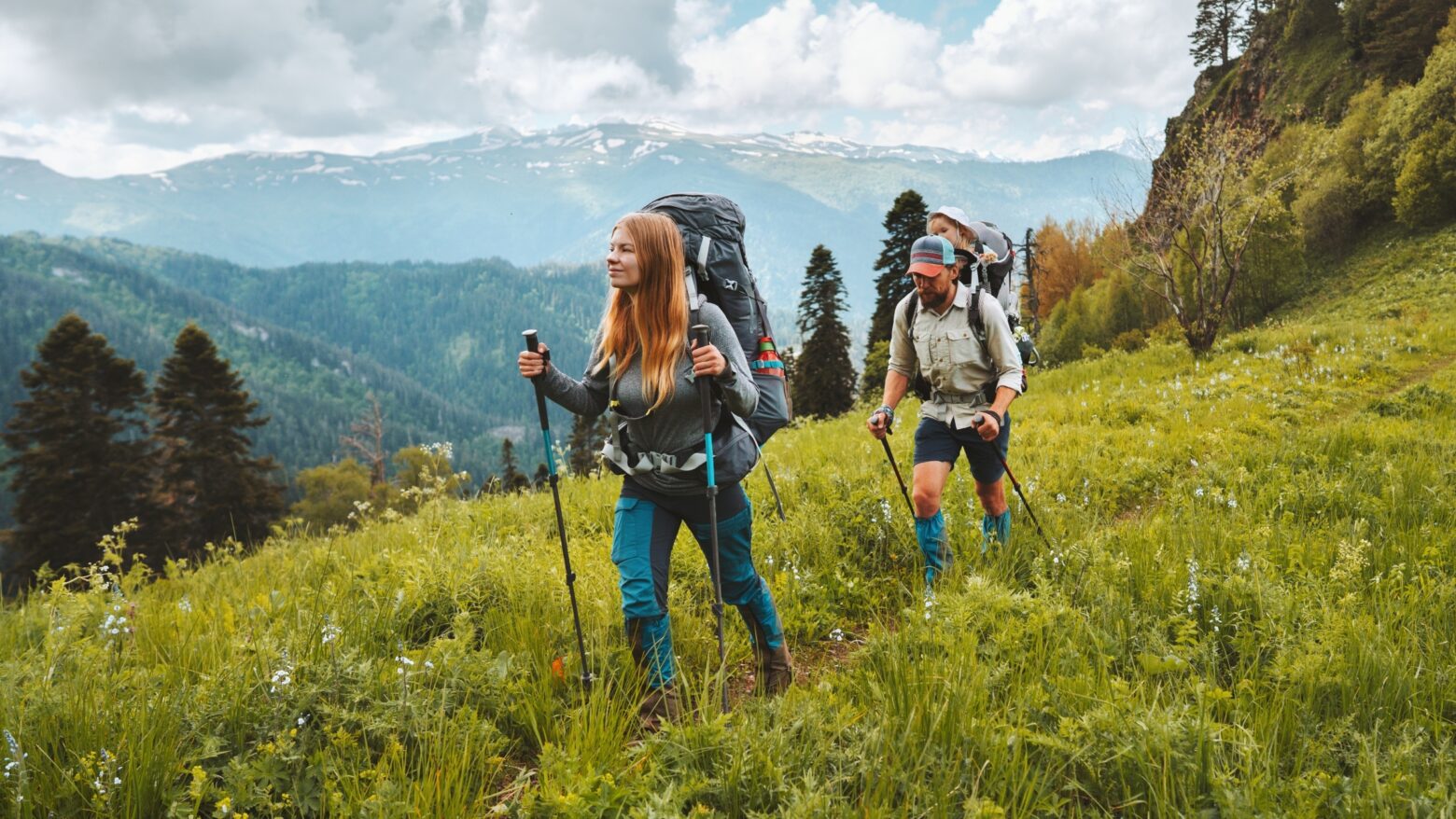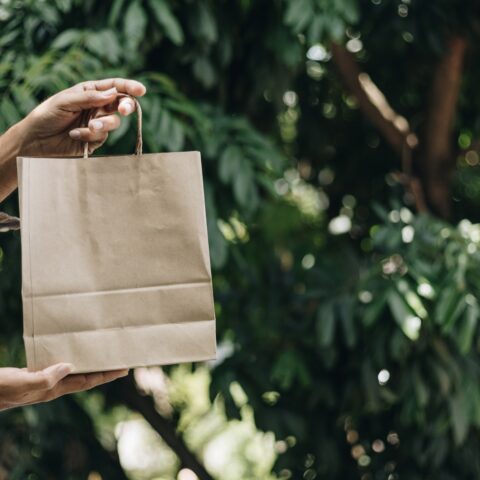Keeping Your Next Backpacking Trip Paleo

Any good backpacking enthusiast will argue that lightweight and calorically dense foods should be the focus of your diet when out on the trail. After all, you want to carry the least weight possible in your pack for multi-day excursions in order to minimize total energy expenditure and back strain.
For non-Paleo backpackers this usually means grains and lightweight carbohydrate-rich foods like pasta and granola. But many of you reading this know that grains should be avoided while following The Paleo Diet. Grain-based foods have only been a major part of the human diet since about 10,000 years ago at the start of the agricultural revolution. For the majority of our evolution as hunter-gatherers, grains were not a staple food source in the human diet.1
Below are some Paleo-friendly food options that not only pack an energetic punch but will also keep the weight off while backpacking.
Pemmican
Historically, pemmican was favored by North American Plains Indians as a dense energy source that sustained their nomadic lifestyle between hunts.2 Pemmican is prepared by mixing beef or bison tallow with equal portions of dried, pounded ruminant meat. Berries are added to taste. In order to avoid spoilage it needs to be stored in an airtight container. Pemmican leans towards the heavier side for backpacking, but the extra weight is balanced by its impressive caloric density. You don’t have to carry a lot to last you a while.
Trail Mix
Although heavy nut consumption is generally not recommended while following a Paleo lifestyle, consuming a larger quantity of nuts and seeds for a few days to a week in the backcountry will likely not compromise your health negatively. Nuts are a great source of calories and various fats and do not add a lot of weight to your pack. Consider making a mix from pistachios, walnuts, almonds, shredded coconut and dried berries for taste.
If you’re looking for a more calorically dense Paleo twist on your traditional trail mix, melt down a small jar of 100% extra virgin coconut oil and then add the trail mix ingredients mentioned above. Solidify the mixture in a container and enjoy. Note: This may not be great for warm weather backpacking since coconut oil liquefies around room temperature.
Canned Seafood
Sardines, mackerel, herring, salmon, tuna, and many other seafood products are available either canned or in foil pouches at most conventional grocery stores. Canned seafood is relatively lightweight and a great source of protein and omega-3 fatty acids while on the trail.
Jerky
Jerky is another great protein source while backpacking and does not add too much weight to one’s pack. Try to source free-range bison or beef jerky that is lower in sodium and free of gluten, hydrolyzed soy and corn, MSG, and other artificial flavors and preservatives. Better yet, look into buying a dehydrator and jerky kit to create your own at home!
Dehydrated Food
Dehydrating your food beforehand is likely the best bet for reducing pack weight while maintaining nutrient and caloric density out on the trail. Try your hand at homemade jerky or fruit leather, or create a dehydrated food mixture by pulsing food into a powdery consistency. Simply add water to the mixture wherever you decide to setup camp and cook.
For an easy, well-balanced recipe, boil and mash two sweet potatoes with your favorite spices. Throw the sweet potato mixture in your dehydrator and store it in an airtight container for the trail. Rehydrate with dried sausage, dried veggies, and a pack of tuna. Boil it and you have a delicious backcountry chowder.
Live Off the Land
For those truly looking to live out a hunter-gatherer experience, consider bringing fishing tackle, hunting gear, and/or an area-specific handbook for plant identification to forage and hunt for your own food.
As a strong warning, do not consume any plants or fungi while out hiking or backpacking unless you are absolutely certain that what you are eating is not poisonous. Also, make sure to check the area’s local fishing and hunting ordinances before you embark on your trip.
References
[1] Cordain, L., Eaton, S. B., Sebastian, A., Mann, N., Lindeberg, S., Watkins, B. A., … & Brand-Miller, J. (2005). Origins and evolution of the Western diet: health implications for the 21st century. The American journal of clinical nutrition, 81(2), 341-354.
[2] Quigg, J. M. (1997). Bison processing at the Rush site, 41TG346, and evidence for pemmican production in the Southern Plains. The Plains Anthropologist, 145-161.
Kyle Cordain
Kyle Cordain is a graduate of Colorado State University with a major in Anthropology and a minor in Global Environmental Sustainability.
More About The Author




